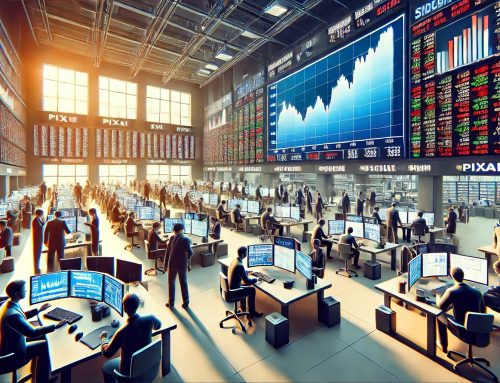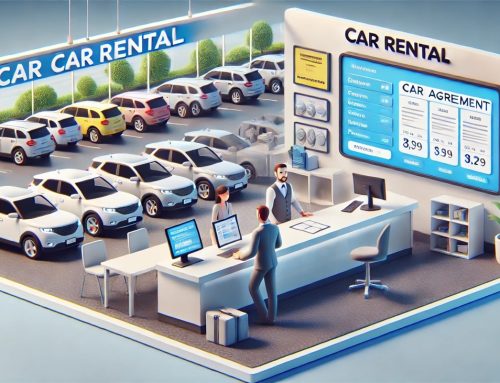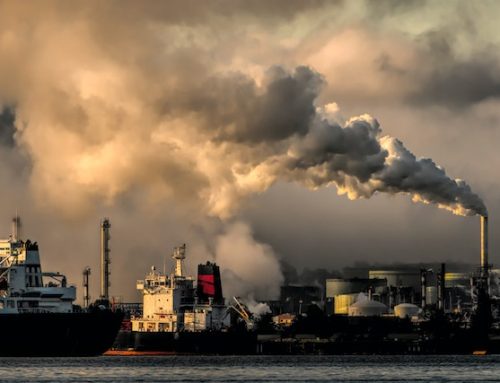September 9, 2022
In July 2022, production in industry in real terms was down by 0.3% on the previous month on a price, seasonally and calendar adjusted basis according to provisional data of the Federal Statistical Office (Destatis), following a month-on-month increase of 0.8% in June 2022 (provisional value: +0.4%). Compared with July 2021, the decrease in calendar adjusted production in industry amounted to 1.1% in July 2022. The comparatively small number of school holidays and holiday leave prevented an even larger decrease in production compared with the same month a year earlier.
In July 2022, production in industry excluding energy and construction was down by 1.0% in seasonally and calendar adjusted terms, compared with June 2022. Declines in production were observed in all main groupings. The production of consumer goods fell by 2.4%, capital goods production by 0.8% and intermediate goods production by 0.6%. The decrease in the consumer goods sector was mainly due to the development of non-durable goods production, which went down by 3.0%. This sector includes food industry.
Outside industry, energy production in July 2022 was up by 2.8% and production in construction by 1.4% on the previous month.
Production in energy-intensive branches markedly down
In the energy-intensive industrial branches, production declined by 1.9% in July 2022 compared with June 2022. This decrease was much larger than in industry as a whole. Production in the energy-intensive industrial branches has dropped by 6.9% since February 2022. An analysis on the new production index for energy-intensive industrial branches (only in german) is available on the Industry, manufacturing page of our website.
Delivery bottlenecks continue to affect production in many branches
Production is still affected by the extreme shortage of intermediate products.
Enterprises still have difficulties completing their orders as supply chains are interrupted because of the war in Ukraine and distortions persist that have been caused by the Covid-19 crisis. 73.3% the industrial enterprises surveyed complained of bottlenecks and problems in procuring intermediate products and raw materials in July 2022, according to the ifo Institute for Economic Research. The Federal Statistical Office shows the relationship between material shortages and industrial activity in an analysis with continuously updated figures.
Methodological notes:
The differing comparative periods must be taken into account in all press releases on short-term indicators. Short-term economic monitoring focuses on comparisons with the previous month or previous quarter. These reflect short-term economic trends. A calendar adjusted comparison with the previous year is intended to offer a long-term comparison of levels and is not subject to seasonal fluctuations or calendar effects. The results of month-on-month, quarter-on-quarter and year-on-year comparisons may differ considerably at present because of the Covid-19 crisis and the war in Ukraine.
The rates of change are based on the production index for the industry (2015 = 100). X13 JDemetra+ was used for seasonal and calendar adjustment.
The five branches referred to here as energy-intensive have particularly high energy demands in relation to their gross value added. In the reference year of 2020, they together accounted for 76% of total industrial energy consumption. Their proportion of industrial gross value added stood at 21%. In 2020, just under one million people (935,000) were employed in the more than 7,000 industrial establishments of these branches in Germany.
Source: DESTATIS
Legal Notice: The information in this article is intended for information purposes only. It is not intended for professional information purposes specific to a person or an institution. Every institution has different requirements because of its own circumstances even though they bear a resemblance to each other. Consequently, it is your interest to consult on an expert before taking a decision based on information stated in this article and putting into practice. Neither Karen Audit nor related person or institutions are not responsible for any damages or losses that might occur in consequence of the use of the information in this article by private or formal, real or legal person and institutions.






